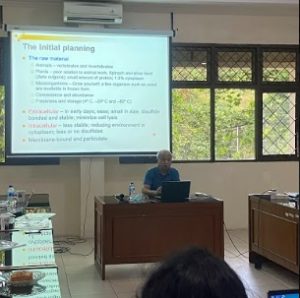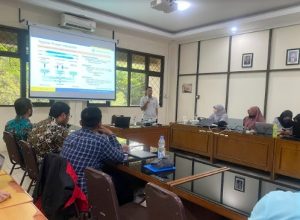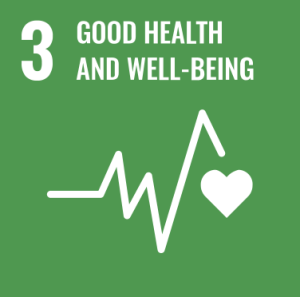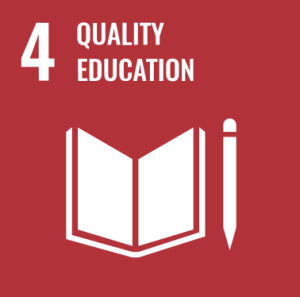
The Workshop on Developing Proteomic Analysis Competence for the Development of Peptide-Based Anti-Cancer and Anti-Bacterial Agents took place at The Research Center for Biotechnology Universitas Gadjah Mada, from October 31 to November 2, 2022. The event featured several speakers, including:
- Prof. Manjunatha Kini (Department of Biological Sciences, National University of Singapore)
- Respati Tri Swasono, S.Si., M.Phil., Ph.D. (Faculty of Mathematics and Natural Sciences, UGM)
- Tri Joko Raharjo, S.Si., M.Si., Ph.D. (Faculty of Mathematics and Natural Sciences, UGM)
- Muhammad Saifur Rohman, S.P., M.Si., M.Eng., Ph.D. (Faculty of Agriculture, UGM)
- Eka Sunarwidhi Prasedya, S.Si., M.Sc., Ph.D. (Universitas Negeri Mataram)
The background for organizing this workshop lies in the persistent global health issue of cancer, which remains a leading cause of high mortality rates and ranks as the second most common cause of death worldwide. Conventional cancer treatment methods, including chemotherapy and surgery, have not yielded optimal results due to the significant side effects that impact the quality of life for patients. These side effects are often associated with the lack of specificity in chemotherapy drugs, which also damage normal cells.
Hence, the effort to acquire highly specific and effective cancer therapy agents has become an urgent need. Another significant modern health challenge is the antimicrobial resistance (AMR) crisis. Inappropriate antibiotic use has led to an increasing prevalence of antibiotic-resistant microorganisms. This issue has prompted researchers to continually explore new antibacterial compounds. Active peptides present a crucial alternative because the mechanism of action of antimicrobial peptides differs from that of antibiotics. Antimicrobial peptides function as inhibitors, making them less prone to causing resistance.
This workshop was organized to fulfill a Multidisciplinary Grant and aimed to strengthen collaborations with partners while enhancing the skills of faculty members and researchers. Among the several objectives of conducting this workshop were:
- Enhancing the competency of researchers within the active peptide research group, including faculty members and research teams, to develop protein and active peptide-based research.
- Strengthening collaborations with both international and domestic partners to facilitate larger-scale research endeavors.
Thus, in line with the implementation of the 3rd and 4th SDGs.





